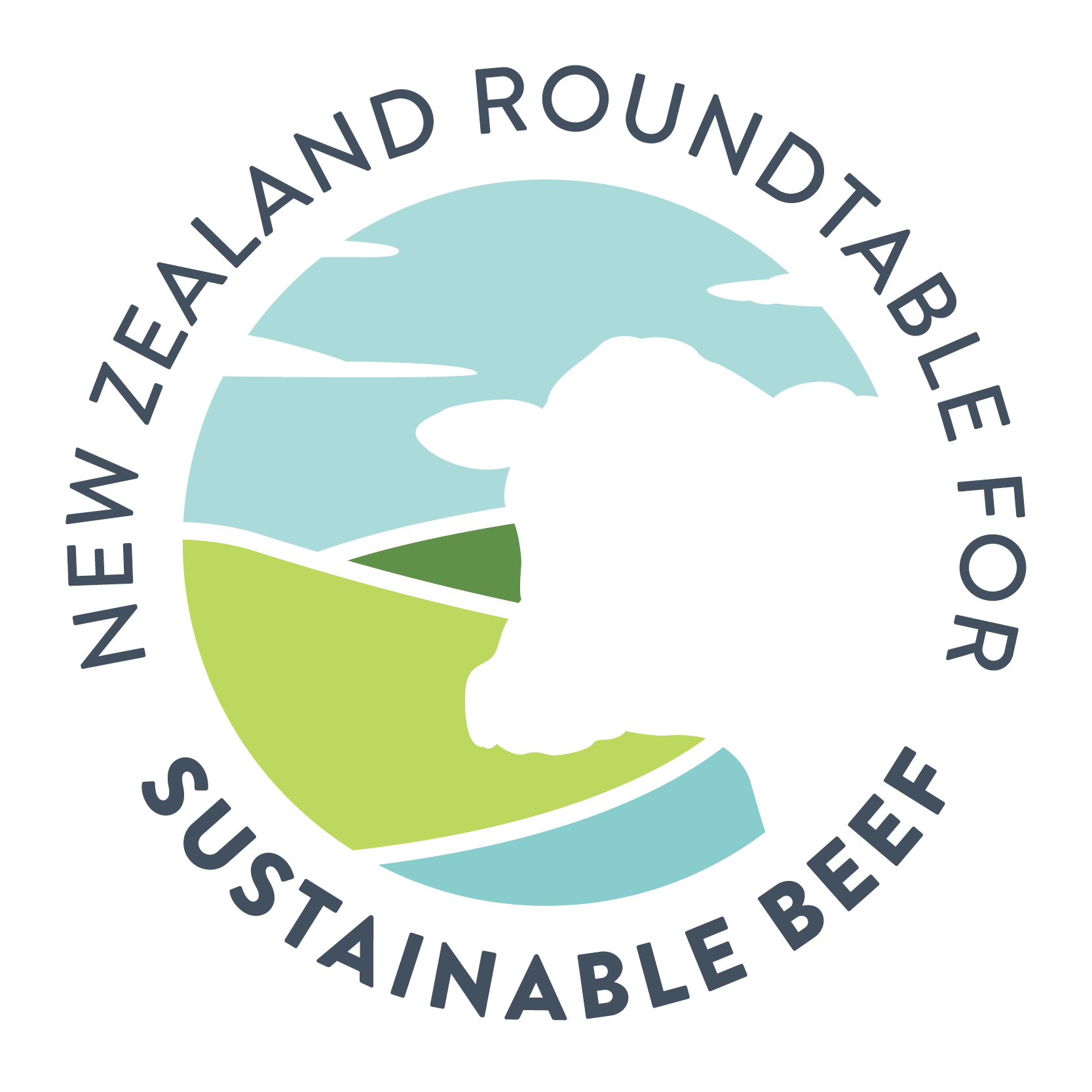Not all greenhouse gases are created equal
Greenhouse gases behave differently and the New Zealand Roundtable for Sustainable Beef is calling for a new – more accurate – approach to be adopted for calculating methane emissions.
The new approach – called Global Warming Potential Star (GWP*) – has been developed based on the traditional emissions calculation method GWP100 that assumes all greenhouse gasses are cumulative (i.e. they never reduce). While this is correct for carbon dioxide and nitrous oxide, methane has a lifespan of approximately 10 years before it disintegrates.
“Modifying the use of GWP so that it accounts for the differences between short-lived and long-lived gases better connects emissions and warming. For countries with high methane emissions, this can make a big difference in how reducing emissions is understood and progressed,” says NZRSB Chair Grant Bunting.
“We acknowledge that methane has a climate impact and we are not advocating for this impact to be treated softer than other greenhouse gases; but given that methane survives in the atmosphere for 10 years whereas the other two main greenhouse gases survive for thousands of years we think methane emissions should be accounted for differently from carbon dioxide and nitrous oxide.
“For the beef industry GWP* means that if herd numbers remain the same after 10 years then methane levels remain constant, with the quantity emitted equalling the quantity disintegrating,” he says.
“Importantly, if methane emissions are held constant, climate impact will remain constant. The New Zealand red meat sector has already reduced methane emissions by more than 30% since 1990, so we’re already making good progress.
“If all GHG emissions are treated the same – as they are using GWP100 – short-lived emissions are unequally accounted for. As we learn more and the science develops we need to ensure our approach remains relevant,” says Grant.
There’s a lot going on in this space and the NZRSB is offering people the opportunity to learn more about GWP* and climate impact through a webinar with greenhouse gas guru Dr Frank Mitloehner at 1.00pm on 17 November 2020.
“The GWP* approach is gaining traction around the world and if New Zealand wants to be a world leader in this space it is time we started using an accurate measure that correlates to actual warming,” Grant says.
To register for the webinar visit https://www.sustainablebeef.co.nz
For more information please contact
Grant Bunting (NZRSB Chair)
027 665 7616
grant.bunting@nzsustainablebeef.co.nz
Follow us on Twitter @NzRoundtable
Bio: Dr Frank Mitloehner
Dr. Frank Mitloehner is a professor and air quality specialist in cooperative extension in the Department of Animal Science at the University of California, Davis. As such, he shares his knowledge and research, both domestically and abroad, with students, scientists, farmers and ranchers, policy makers, and the public at large.
Frank is committed to making a difference for generations to come. He is passionate about understanding and mitigating air emissions from livestock operations, as well as studying the implications of these emissions on the health of farm workers and neighbouring communities. In addition, he is focusing on the food production challenge that will become a global issue as the world’s population grows to nearly 10 billion by 2050.
Frank is also director of the CLEAR Center, which has two cores – research and communications. The CLEAR Center brings clarity to the intersection of animal agriculture and the environment, helping our global community understand the environmental and human health impacts of livestock, so we can make informed decisions about the foods we eat and while reducing environmental impacts.
Frank received a Master of Science degree in animal science and agricultural engineering from the University of Leipzig, Germany, and a doctoral degree in animal science from Texas Tech University. Frank was recruited by UC Davis in 2002, to fill its first-ever position focusing on the relationship between livestock and air quality.

